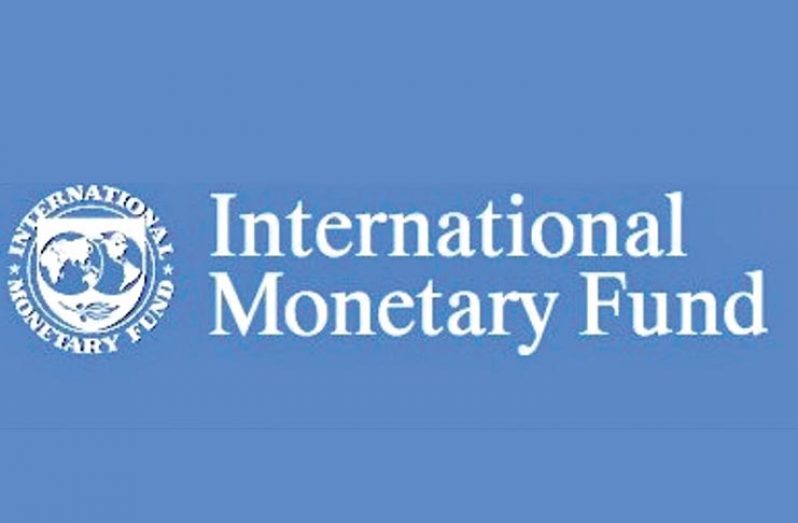– says restraint from borrowing in anticipation of oil revenue prudent
THE International Monetary Fund (IMF) said Guyana’s prudence and restraint towards borrowing in anticipation of future oil revenue is commendable but warned that short-term financing should be carefully managed.
The IMF expressed these remarks upon the conclusion of its 2018 Article IV Consultation with Guyana mid last month, stating that the country as much as possible should rely on multilateral development banks.
“Developing the domestic capital markets would provide a more stable source of financing and help meet the needs of domestic long-term institutional investors. Private external borrowing should continue to be avoided, and Central Bank financing should not be used at all,” the IMF said in a report issued on Friday July 13, 2018 while applauding the decision to close the overdraft balances at the Central Bank in the near-term.
Though the country’s economic growth slowed down in 2017 from 3.4 per cent in 2016 to 2.1 per cent, it is expected to accelerate in the lead-up of first oil in 2020. Guyana’s macroeconomic outlook, therefore, remains favourable, the IMF said.
It is anticipated that extractive industries and public investment will be the key drivers of the country’s economic growth over the medium-term, but there are critical areas that ought to be improved, the international monetary watch dog said.
“Reducing the costs of doing business, strengthening private sector confidence, and advancing productivity-enhancing reforms are essential for sustaining growth in the short-term, and for reaping the full benefits of the oil windfall once it materialises,” the bank said.
As the Guyanese Government continues to improve on the quality and efficiency of its expenditure, the IMF said it would be in the best interest of the country to address the shortcomings identified by the Public Investment Management Assessments (PIMAs), before public investment is significantly scaled-up with oil revenues.
“The rules-based fiscal framework for managing oil wealth should be transparent and consistent with the resource fund deposit/withdrawal rules. It should provide the basis for determining the allocation of annual oil revenue for stabilisation and domestic capital expenditure, as well as intergenerational savings. The consistency between the fund deposit/withdrawal rules and a fiscal rule could be reinforced by a fiscal responsibility legislation,” it urged.
NEUTRAL STANCE
It was noted too, that monetary policy should gradually return to a neutral stance as the economic recovery gains pace, and inflationary pressures arise.
“The exchange rate should play a more active role in cushioning external shocks going forward. Guyana remains vulnerable to external shocks given the concentration of its exports in a few commodities and its reliance on imported oil in the short-term. Over the long-term, building an adequate buffer stock of savings from the oil revenues would also help cope with external shocks,” the IMF further encouraged.
While tremendous progress has been made in implementing the 2016 Financial Sector Assessment Programme (FSAP) recommendations, there is room for improvement.
“Other important areas where work still needs to be finalised include, eliminating reduced provisioning requirements for ‘well-secured’ portions of NPLs; refining the definition of ‘related parties’ with the international standards; reducing the reliance on overdraft lending; clarifying the upstream and downstream ownership of institutions; and raising minimum capital adequacy requirement to 12 per cent; and reducing the banks’ large exposure limits,” it pointed out.
The country, it said, should continue to enhance its competitiveness and support inclusive growth. It was noted that much more needs to be done to lower the cost of doing business, by addressing infrastructure-related bottlenecks, reducing energy costs, and cutting red tape.
Increasing female labour force participation and bridging the gaps with the hinterland can boost growth and help spread its benefits more widely. Oil exploration and production should be included in the national accounts when they are rebased, and also in the BOP statistics.
Under Article IV of the IMF’s Articles of Agreement, the IMF holds bilateral discussions with members, usually every year. A staff team visits the country, collects economic and financial information, and discusses with officials the country’s economic developments and policies. The staff, upon returning to headquarters, prepares a report which forms the basis for discussion by the Executive Board.





.jpg)








